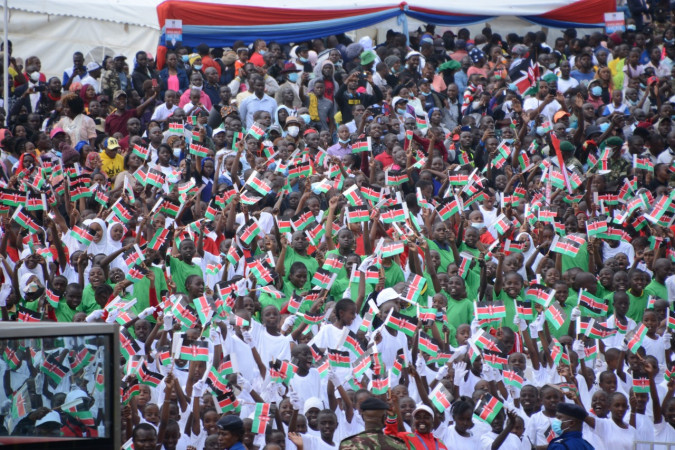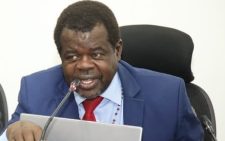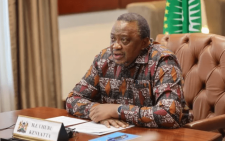New education curriculum here to stay, Uhuru declares

There is no turning back on the Competency-Based Curriculum (CBC), President Uhuru Kenyatta declared yesterday.
The Head of State told the nation during Madaraka Day celebrations at Uhuru Gardens that the country’s current challenges require an education system that creates responsible citizens.
He said the country should embrace a system that celebrates the creative potential of all children instead of one that leaves them with labels of failure if they do not pass exams.
“Given the manifest successes achieved in this short period of time, there is no turning back with respect to the Competency-Based Curriculum,” Uhuru said.
CBC critics
Some leaders in Deputy President William Ruto’s Kenya Kwanza Alliance have vowed to scrap the new system if the outfit wins the August 9 General-Election.
They have accused the government of hurriedly implementing CBC before proper consultations with education stakeholders.
Uhuru, however, defended the system, saying it is a step in the right direction.
He said the country requires a curriculum that encourages creativity and innovation.
“This is the promise of the CBC and that is why in December, the pioneer CBC Class, now in its sixth grade, will transition to Junior Secondary,” he said.
The President said the decision to reform the education system was based on the mandate Kenyans gave his administration to enhance the global competitiveness of the country’s human resources.
Uhuru said the Independence leaders embarked on a mission of course-correction to transition from a colonial education system, that prepared learners for servitude, to one that gave them the tools to lead a newly independent nation.
In 1985, another shift was made by transitioning from the 7-4-2-3 system to 8-4-4, which is now being phased out.
Secondary transition
He said that with time, the 8-4-4 curriculum became inconsistent with aspirations of the country, particularly because of its overloaded curriculum and its focus on rote learning and the passing of examinations as the ultimate goal.
“We had to return to the foundational philosophy of education that: ‘citizens do not fail – systems fail them’. And if the systems are inconsistent with the aspirations of the people, they must be changed,” the President observed.
There are over 8.1 million children under the CBC programme.
Uhuru also said his government had achieved the 100 per cent transition from primary to secondary school, achieved Africa’s first 1:1 child to book ratio and restored the integrity of national exams.
Regarding higher education, he said knowledge was replacing other resources as the main driver of economic growth, thus, education had increasingly become the foundation for individual and national prosperity.
“Our universities continue to incubate innovations and prepare the next generation of leaders who are technically proficient and knowledgeable,” he said.
To ensure that even those that are not admitted in universities get an equal chance, he said his government had transformed technical and vocational education training.
He said that while there were only 52 institutions in 2013, today there are more than 238 institutes, an over 400 per cent growth.










